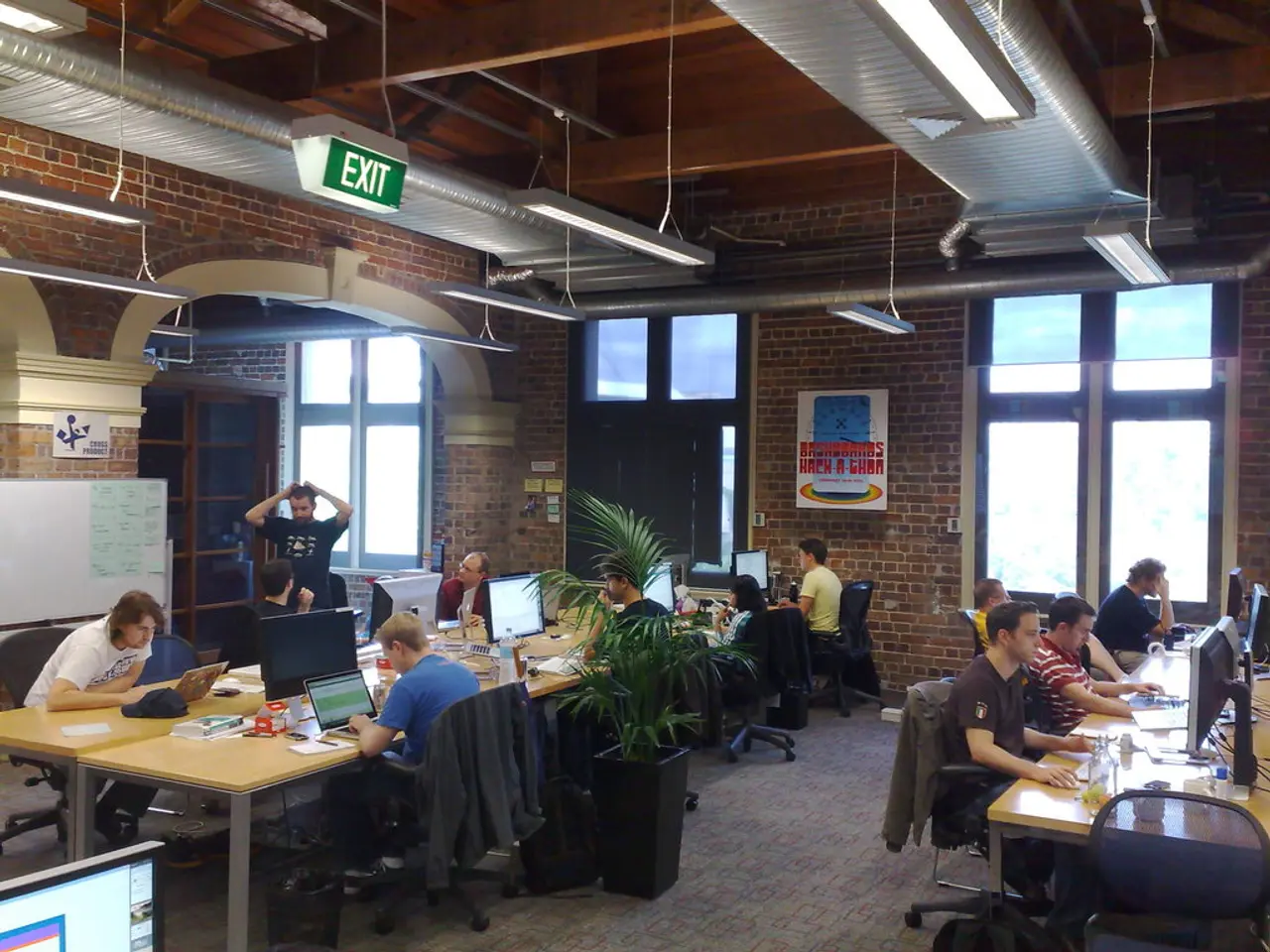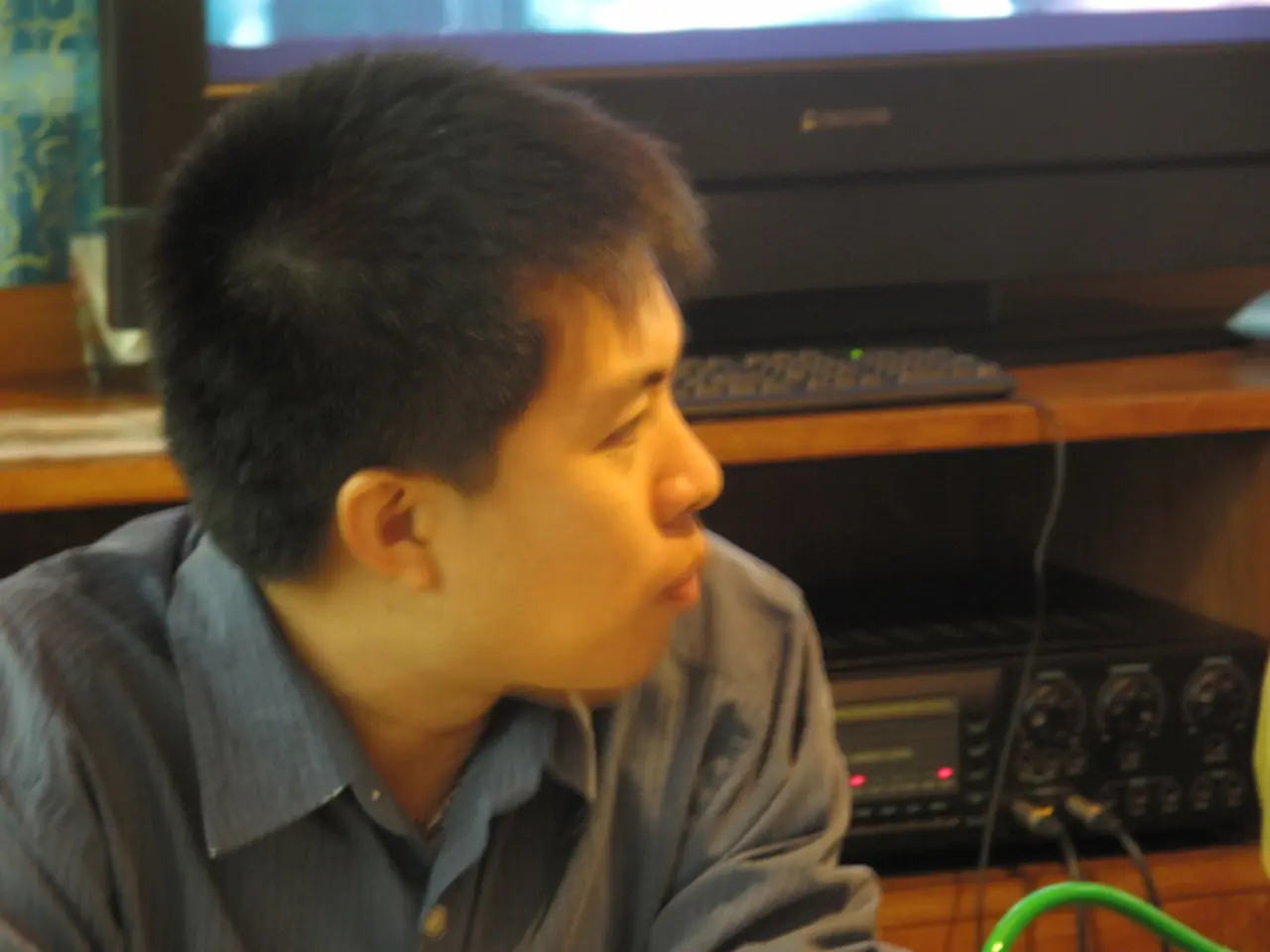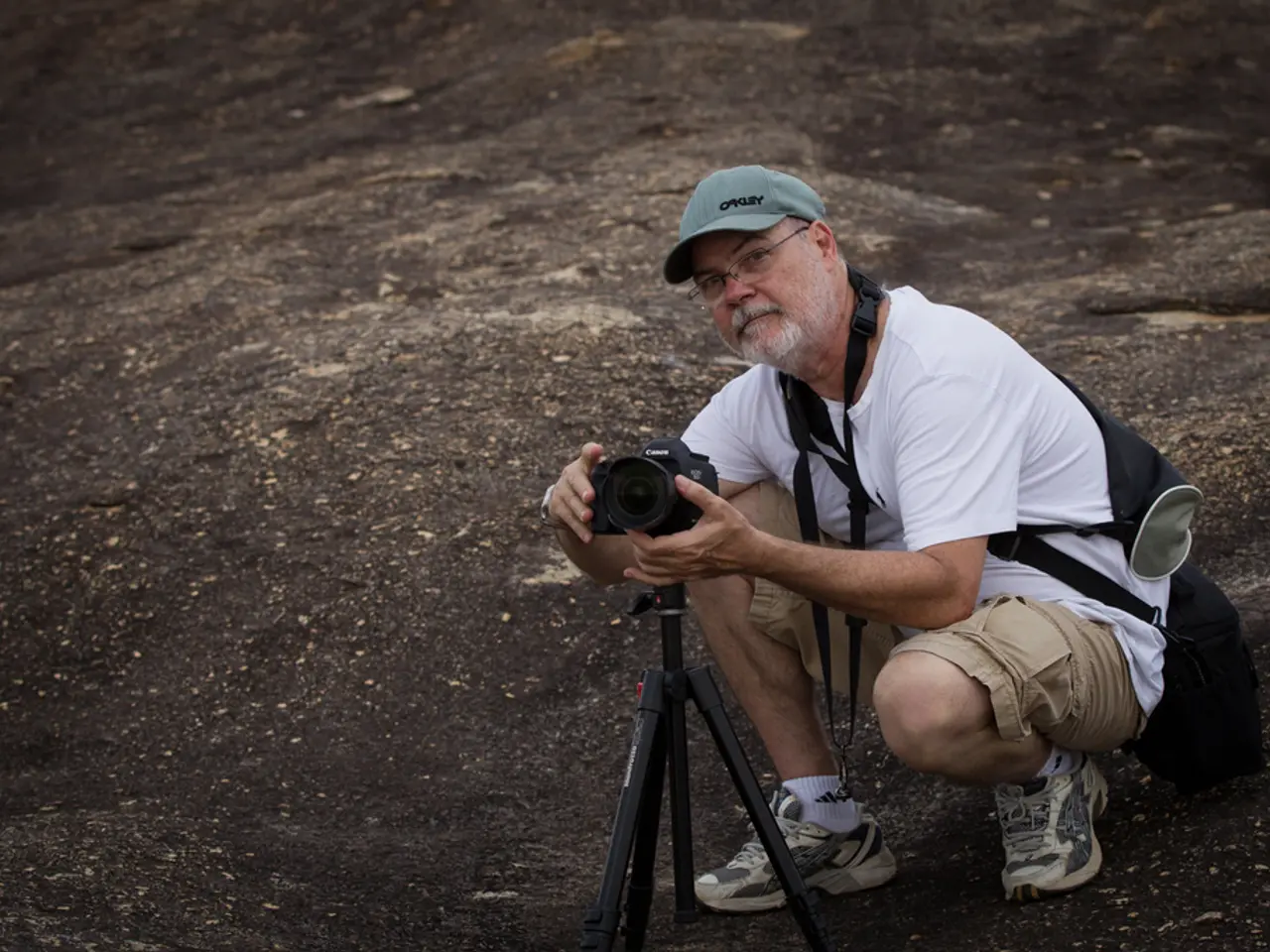Disconnecting from Digital World: Stepping Away from Constant Connectivity
A Week of Disconnecting: A Digital Detox Retreat at Masseria della Zingara
In the heart of Puglia, Italy, a converted farmhouse named Masseria della Zingara played host to a unique gathering of individuals seeking a break from their digital lives. This group, diverse in their professions ranging from journalists to high-stress job holders, had come together for a digital detox retreat organised by Time to Log Off.
For one participant, a self-confessed phone addict, the retreat was a chance to confront their reliance on technology. Constantly checking emails and social media had become a habit, making a digital detox a daunting prospect. Yet, the retreat offered more than just a temporary escape; it aimed to help participants reconnect with themselves and others, and to develop habits that would reduce phone dependency in the long run.
Tanya Goodin, the founder of Time to Log Off, has spent the last twenty years working online. Her research into mindfulness and the negative effects of excessive digital use led her to create these retreats. The week was designed to provide a structured break from screens and technology, offering multiple benefits that could significantly help with phone addiction.
One of the key benefits was improved mental health and reduced anxiety. The retreat provided a respite from the constant overstimulation of notifications and information overload, lowering stress hormones like cortisol. This led to better emotional balance, less anxiety, and improved clarity and creativity.
Another advantage was better sleep quality. Removing screen time, especially before bedtime, restored natural sleep patterns and improved REM sleep, essential for mental and physical health. Participants reported waking up feeling more refreshed and energised.
The retreat also fostered stronger social connections. Without the distractions of technology, participants experienced more meaningful and genuine social interactions, enhancing emotional well-being. Conversations during the retreat flowed more openly and deeply, creating a sense of camaraderie among the group.
Increased productivity and focus were also noticeable benefits. Being away from digital distractions helped participants finish tasks and build discipline, fostering a healthier relationship with work and goals.
The retreat setting encouraged introspection, helping individuals tune into their emotions and develop presence and clarity in life. Participants found themselves wondering how many incredible views they've missed by burying their nose in their phone screen.
Many retreats integrated yoga, meditation, and grounding exercises that helped reconnect body and mind, boosting overall wellbeing and supporting recovery from phone addiction. Yoga, in particular, helped reconnect the mind with the body and promoted awareness of breathing, movements, and muscles.
The retreat included daily yoga sessions, silent meditative walks, nature hikes, a meal out, shopping trips, storytelling around a fire, cooking and pasta making classes, and ayurvedic massages. Each activity was designed to promote relaxation and reconnection.
After a week of disconnecting, the participant felt strange and unfamiliar with their phone. They experienced improved sleep, brighter eyes, and a more relaxed body. It was the truest holiday they've had in years.
Returning home, the participant plans to start with at least one day a week offline, switch the phone off when with friends or family, and take time for walks and bike rides without the phone. They also hope to maintain the connections they forged during the retreat and to continue their journey towards a healthier relationship with technology.
For those struggling with phone addiction, a digital detox retreat could be a life-changing experience. By interrupting compulsive tech use, promoting mental calmness, enhancing sleep, encouraging authentic socializing, and supporting long-term psychological and emotional recovery, these retreats offer a unique opportunity to reconnect with oneself and others.
[1] "Digital Detox Retreats: The Benefits and How to Get Started." Psychology Today, 26 Sept. 2019, https://www.psychologytoday.com/us/blog/tech-support/201909/digital-detox-retreats-the-benefits-and-how-get-started. [2] "The Benefits of a Digital Detox." Healthline, 24 June 2019, https://www.healthline.com/health/digital-detox#1. [3] "Why We Need a Digital Detox." The Guardian, 12 June 2018, https://www.theguardian.com/lifeandstyle/2018/jun/12/why-we-need-a-digital-detox. [4] "The Mental Health Benefits of a Digital Detox." HuffPost, 10 Aug. 2018, https://www.huffpost.com/entry/mental-health-benefits-of-a-digital-detox_b_5b78a6c8e4b0e1a3c770c800. [5] "The Physical and Mental Health Benefits of a Digital Detox." Mind Body Green, 15 June 2018, https://www.mindbodygreen.com/articles/the-physical-and-mental-health-benefits-of-a-digital-detox.
- The digital detox retreat at Masseria della Zingara offered a chance for individuals to reconnect with themselves beyond their dependence on technology, addressing concerns related to mental health, sleep quality, social connections, productivity, and overall wellness.
- The retreat's founders, influenced by research on mindfulness and the negative effects of excessive digital use, designed a program that aimed to aid participants in reducing phone dependency in the long run, promoting mental calmness, enhancing sleep, encouraging authentic socializing, and supporting psychological and emotional recovery.
- By disconnecting from technology during the retreat, participants experienced improvements in their mental health and reduced anxiety levels, as the absence of digital distractions lowered stress hormones and promoted emotional balance, less anxiety, and improved clarity and creativity.
- The retreat also enriched participants' lives through various activities, such as yoga sessions, silent meditative walks, nature hikes, cooking and pasta making classes, storytelling around a fire, shopping trips, and ayurvedic massages, all serving to promote relaxation, reconnection, and overall wellbeing.




